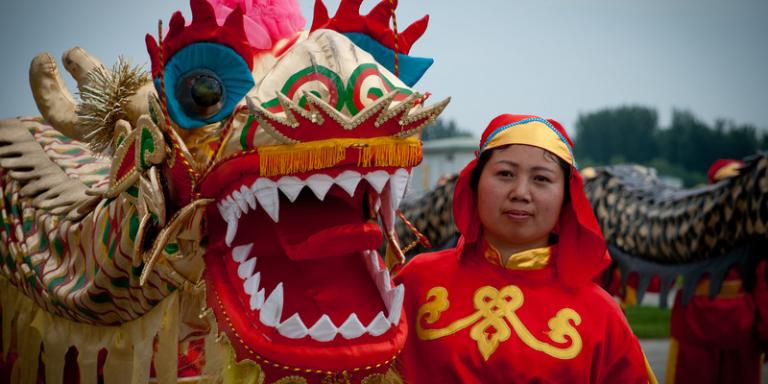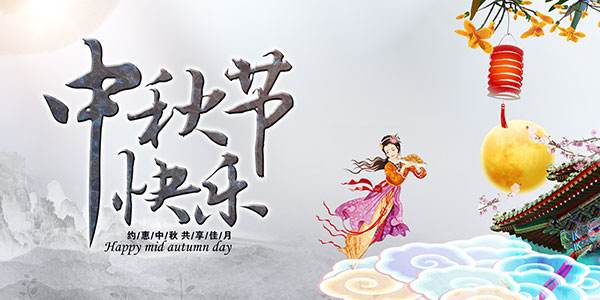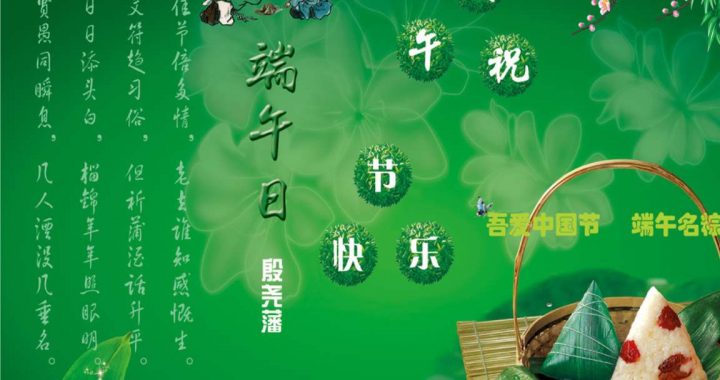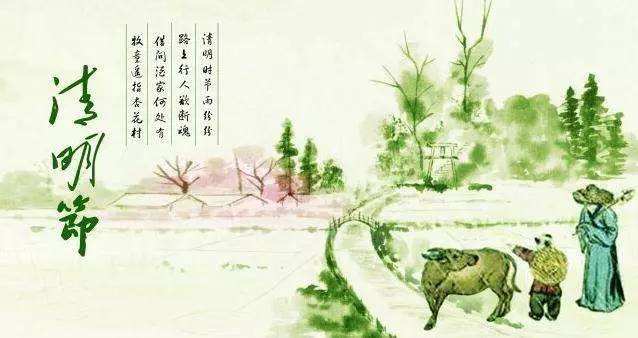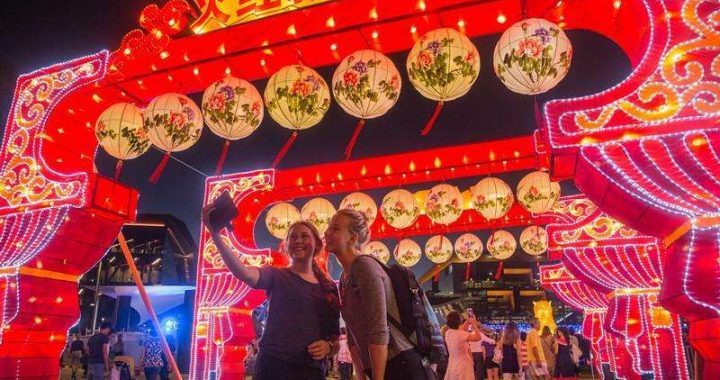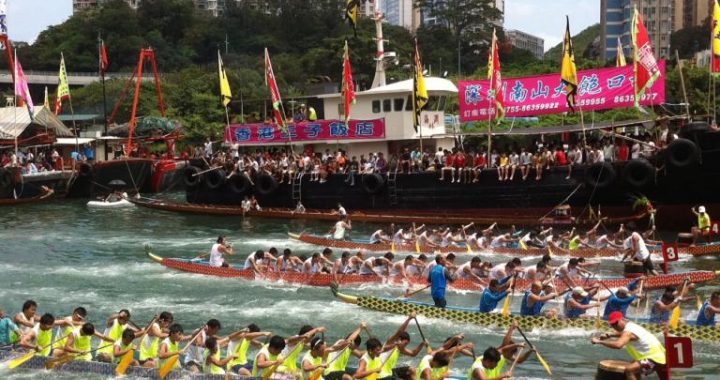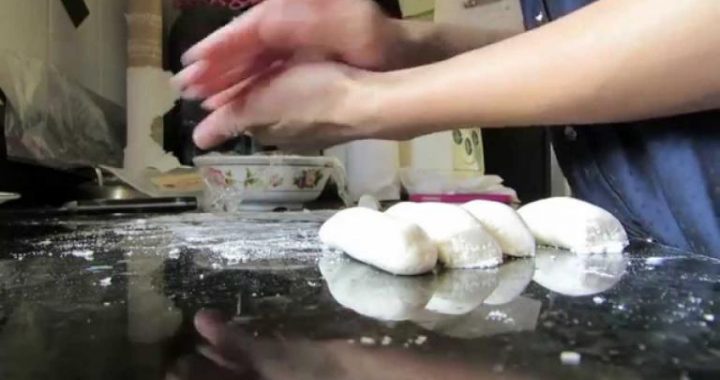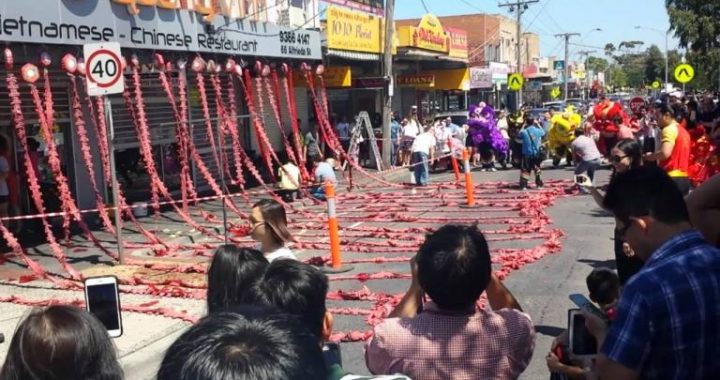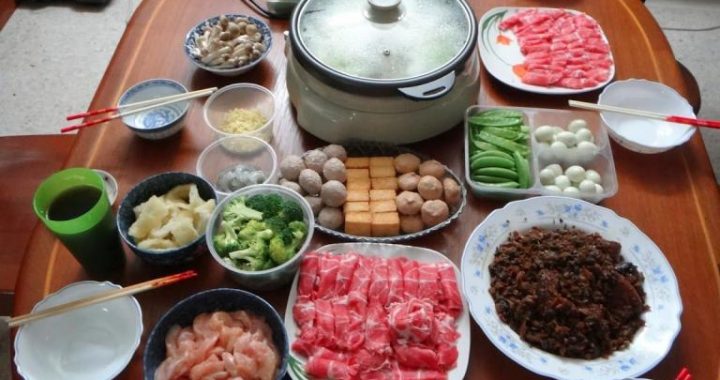Mao Festival and Thriving Life
6 min readThe Mao Festival is an important festival of the Shui people living in the upper reaches of the Duliu River and Long River south of the Miaoling Mountains on the Yunnan-Guizhou Plateau in the southwest of China. There are chains of mountains, intersecting streams and several scattered dams in the areas inhabited by them. Most Shui stockade villages are near hills and screams with warm climate in a warm climate. There is abundant rainfall, and the natural environment is beautiful. The Shui people have a writing system called the “Shui script”under the mastery of clergymen -Shui script masters. The Shui people’s folk culture of food, clothing, shelter, transportation, weddings, funerals and religions is quite diversified. The Mao Festival is a festival of Shui people living in the upper reaches of the Long River.
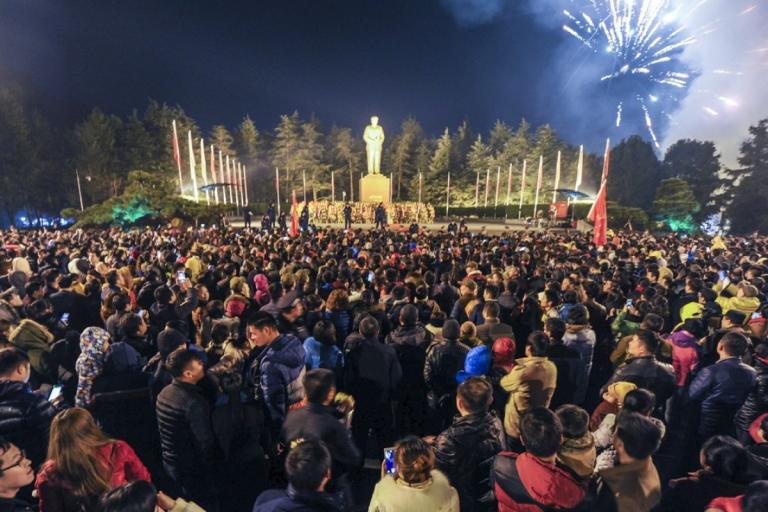
The Mao Festival falls between the th and the 10th month of the Shui calendar,i.e.in the 5th and 6th lunar months when transplantation of rice seedlings is completed and the stage of ear growth is about to begin.According to the Shui script,green lives are most prosperous in this season.The biggest characteristic of the Mao Festival lies in time arrangement for the festival.It is not celebrated by all stockade villages on a fixed date but is celebrated by stages and ends after nearly two months.According to an ancient song of the Shui people,”the first stage of the Mao Festival takes place in Shuili,the second stage of the Mao Festival takes place in Dongtuo,the third stage of the Mao Festival takes placein Shuiba and Shuipu,and the fourth stage of the Mao Festival takes place in Jiuqian.”This has always been the sequence of Mao Festival celebrations.
The specific period of the Mao Festival is determined by Shui script masters accordingto their knowledge from the Shui script.The first stage of the Mao Festival is usually celebrated between the Dragon Boat Festival and the 30th day of the 5th lunar month;the last stage of the Mao Festival should be celebrated in the 6th lunar month.The determination of the festival period is inseparable from traditional agricultural productionand life.The period of the Mao Festival is closely related to the Shui people’s agricultural production and life,and the rules on time restrictions are also related to them.The Shui people’s agricultural production system is the traditional system of rice crop agriculture,and arrangements in all seasons basically extend and unfold around rice crop agriculture.
The period of the Mao Festival is the interval after the end of rice seedling transplantation when agricultural production enters the stage of conducting daily management and waiting for autumn harvests from the stage of busy spring planting.In this period of abundant rainfall,plants grow exuberantly and have most vitality,but for people’s life,this used to be a period of temporary grain shortages,insufficient grain supplies and anxiety in waiting for bumper grain harvests.People celebrated the Mao Festival in this period to pray for seedlings’ growth and wish for bumper rice harvests. During the Mao Festival, rice fields need a lot of rainwater, so the significance of prayer for abundant rainfall during the Mao Festival is very important. The folk rule that the last stage of the Mao Festival must becelebrated before the 15th day of the 61h lunar month is not only related to customs and taboos, but also, more importantly, related to production. New rice begins to be tasted on the 15th day of the 7th lunar month and autumn harvests are about to begin, so the Mao Festival must end before this day.
Mao Festival activities include offering of sacrifices to ancestors, feasts for relativesand friends, antiphonal singing on the Mao Slope, etc. During the Mao Festival, all families clean their houses and prepare things needed in the festival. Family members away from home and married daughters all come back to celebrate the Mao Festival. In the evening of the day before the Mao Festival,i.e. the tiger day, and in the morning of the day of the MaoFestival, all families offer sacrifices to their ancestors. They do not offer fish but offer chicken, duck or pork as sacrifices to their ancestors. While offering sacrifices to their ancestors, they also light up a charcoal fire and burn a tobacco stalk for ancestors. Apart from families’ offering of sacrifices to ancestors, some stockade villages celebrating the Mao Festival also hold village ceremonies of offering sacrifices to ancestors and offering sacrifices to rice fields, and pray for favorable weather and bumper rice harvests.
During the Mao Festival, the most peculiar activity is antiphonal singing on the Mao Slope. The so-called “Mao Slope”is a hill slope where people of Shui stockade villages singShui songs during the Mao Festival, usually located near stockade villages. On this day, Shui people, mostly young men and women, gather on the Mao Slope to look for love and express their feelings by singing songs. In the past, before antiphonal singing on the Mao Slope, love songs could be sung only after old people of noble character and high prestige in stockade villages usually declared the start and invited singers to sing all ancient song: about the creation of the world and the creation of all things on earth, but now theseprocedures are gone. Under the scorching sun, girls cover their shy faces with colorful umbrellas, and young men sing softly around them. In antiphonal singing, there is a leadingsinger for men and one for women accompanied by several helpers. After one verse is sung, helpers hum vocal accompaniments. In antiphonal singing, the acquaintance song is usually sung first, then questions about specific stockade villages and family conditions are asked, and both singer answer cleverly. If they like each other, they tell their names to each other or direct go to each other’s homes. If a man and a woman get acquainted with each other on the Mao Slope like this and get married, their parents usually do not oppose. In stockade villages celebrating the Mao Festival, many people got married after getting acquainted on the Mao Slope, and many people now in their 40s or 50s had such moving emotional experiences.
Different from today’s young men and women who love directly and boldly, men and women singing moving love songs on the Mao slope do not have much eye and body contact in antiphonal singing and only cast a glance secretly. Their singing is more like self-singing.
“There is no light in the sky between 11 p.m. and 1 a.m. and daylight comes between5a m. and 7 a.m. Rice grows exuberantly, and young men and women get together.”This folk saying spreading in the areas celebrating the Mao Festival vividly summarizes the significance of the Mao Festival. Rice growth and marriage both directly bear on an ethnic group’s survival and multiplication. In the festival period as long as two months, people not only offer sacrifices to ancestors and pray for happiness in their families, but also go to other stockade villages to visit relatives and go to the Mao Slope to sing Shui songs. Festivals beginning one after another and numerous Mao Slopes make people flow in this region. In such flow and communication, men and women get acquainted and get married, and the society becomes harmonious.
Because of such festival customs, the Mao Festival also has the meaning of a love festival and youth festival. On the one hand, the festival gives people more opportunities of communication and expression, and provides a marriage channel; on the other hand, in this sequence of festival arrangements, affinities are strengthened continuously through exchange of visits.
The Mao Festival can reflect affinities and production modes in Shui society the best.At present, young people receive school education from childhood, and the school education system has partly replaced families’ education and cultural transmission functions. Many traditional cultures do not have a corresponding dissemination channel in the school education system, so as television sets and video discs enter these stockade villages and families extensively, young people’s life began to circle around the outside world. In particular, in recent years, more and more young people went away from home to work, so less and less people came to the Mao Slope and the number of people able to sing love songs on the Mao Slope also decreased every year. Of course, the folk event of singing love songs on the Mao Sloop that used to play an important role in marriage of young people in Shui areas celebrating the Mao Festival is still moving and charming in some stockade villages of Shui people.
